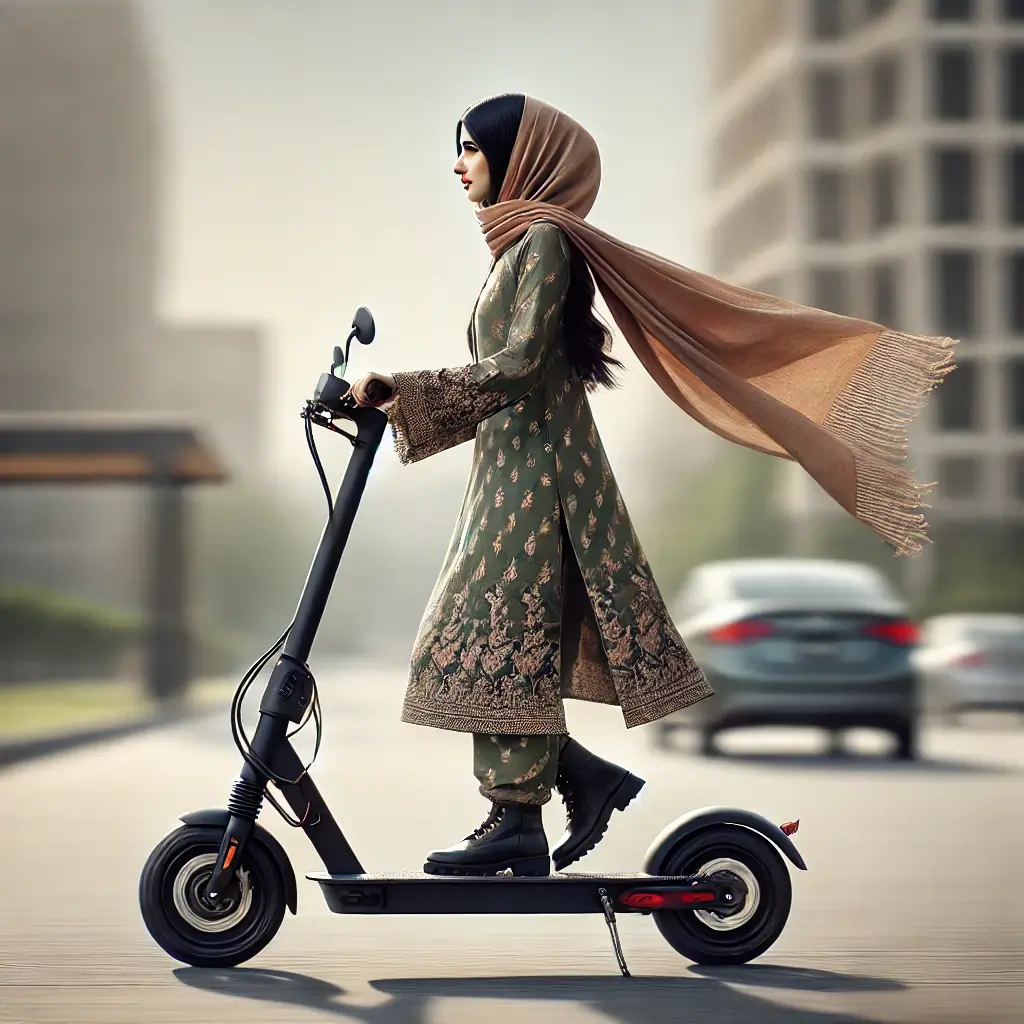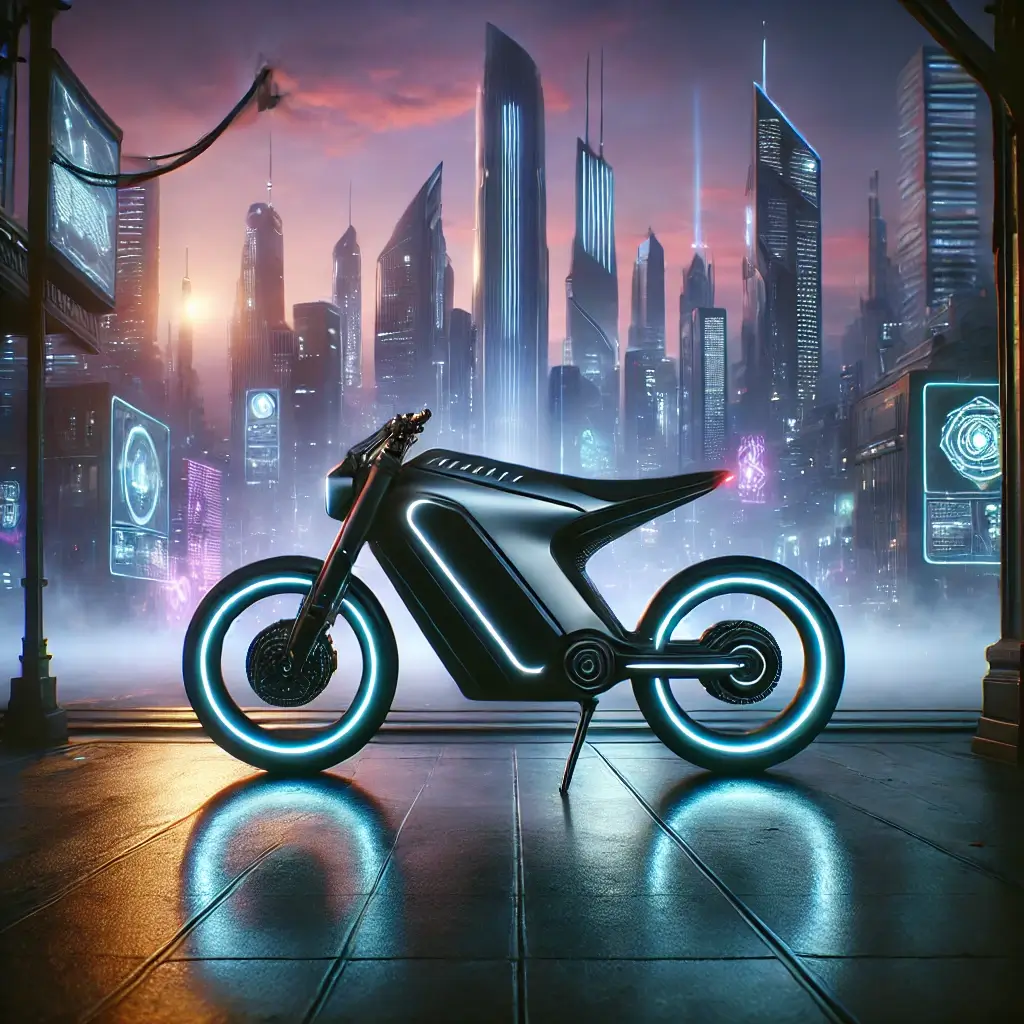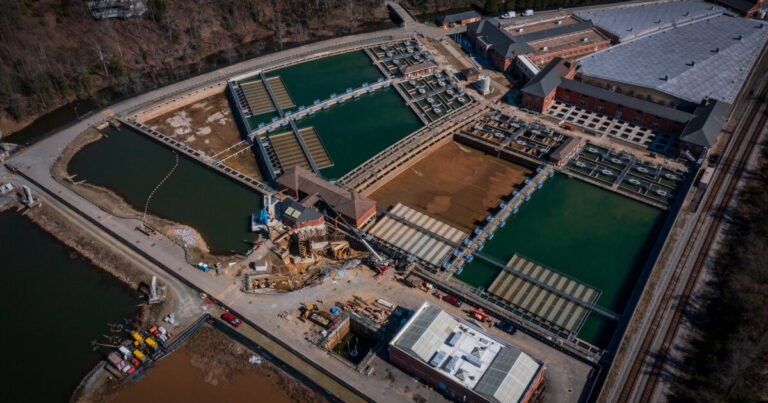
Electric bikes (e-bikes) are becoming increasingly popular across Pakistan as a catalyst for change within the national transportation market. E-bikes emerge as a compelling choice over gasoline-powered motorcycles since fuel expenses rise and cities become cleaner and smarter perspectives drive demand toward eco-friendly options.
This trend finds its main cause in the affordability factor. The long-term financial advantage of e-bikes emerges from eliminating petrol purchases while needing almost no maintenance. People throughout Pakistan use e-bikes because rising fuel prices lead them to minimize their transportation expenses. The country’s local e-bike makers together with government initiatives are driving down electric vehicle prices to expand their accessibility across population sectors.
The rising popularity of electric bicycles contains strong environmental components among its key factors. Vehicle emissions from Pakistan’s urban centers of Lahore and Karachi constitute serious environmental problems and contribute heavily to the creation of smog. These environmentally-friendly electric bicycles supply zero-emission transportation while providing daily commuters with an eco-friendly travel alternative. The worldwide objective to develop sustainable transportation systems which reduce greenhouse gas emissions matches this transition.

Engineering improvements have increased the market demand for e-bikes considerably. Today’s e-bikes are powered by lithium-ion batteries providing extended operating time between charges with faster recharging capability. Models in the market have built-in smart connectivity systems that enable bikers to inspect battery levels and track their distance as well as regulate their bicycles through smartphone applications.
The multipurpose nature of e-bikes contributes to why they continue gaining in popularity. These electric bikes serve many different applications from urban travel to deliveries and casual recreational use. Modern delivery services choose electric bicycles as their delivery vehicles because they reduce fuel costs and represent a greener solution. Young students and professionals choose e-bikes as their modern solution because these bikes deliver both convenience and style during their busy city commutes.
However, challenges remain. The current limited availability of charging infrastructure along with high initial prices for specific models create obstacles which need additional solutions. Government-cooperating with the private sector should create charging stations and offer affordable financing options to make e-bikes accessible to wider client populations.
The adoption of electric bikes in Pakistan represents an important achievement toward building affordable green transportation systems. Plentiful features such as minimal costs and environmentally friendly characteristics alongside adaptable urban usage continue to drive Pakistani consumers toward e-bike adoption. The future transportation outlook in Pakistan depends heavily on e-bikes because growing public awareness matches better infrastructure capability to support their integration.





